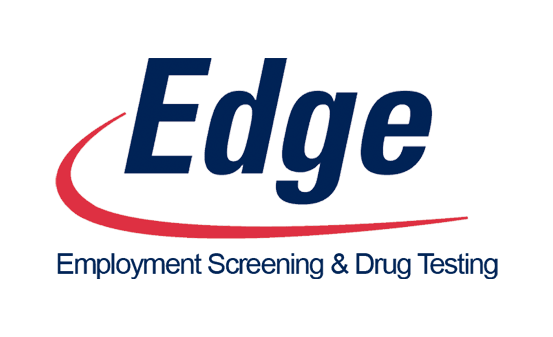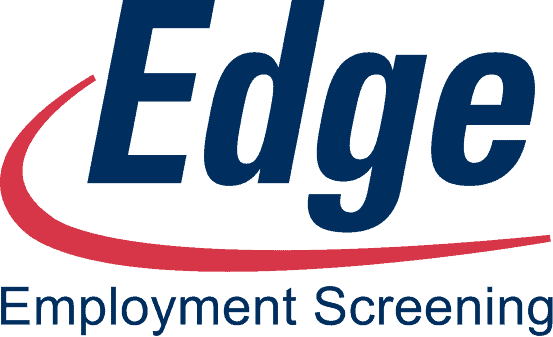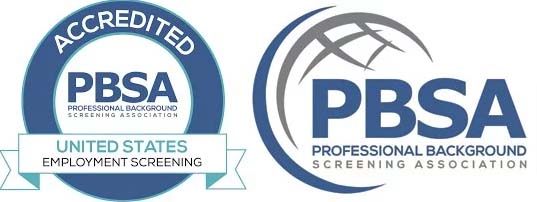An unauthorized background check may result in lawsuits and possible penalties for your company. There is a thin line that separates the legal and unlawful way of obtaining background information for a job applicant. With that said, it is often the best choice for employers to outsource background checks to a professional third party background check service.
Professional providers of background verification solutions understand how to perform FCRA-compliant background checks. They also perform most of the legwork when it comes to compliance with federal requirements. Despite this, employers, being the initiator of the background check, still carry certain obligations pursuant to the Fair Credit Reporting Act (FCRA). Additionally, violations of the FCRA can carry costly consequences for an employer.
Here are several important FCRA provisions you must always adhere to before conducting a background check on anyone. You should abide by them to avoid legal issues, possible litigation, and unwanted costs.
- All individuals have the right to be informed, and their consent sought, before an employment background check is performed
- All subjects of a background check have the right to review background information gathered on them. They also have the right to correct any inaccuracies that information may contain
- All individuals subjected to background screening have the right to know when their personal information is used in employment decisions that may affect them
- All subjects of background checks have the right to appeal adverse information if they believe these are not fair or are inaccurate
As an employer, you are obligated by the FCRA to properly collect, safely keep, and eventually dispose of the personal data of job candidates. You are also responsible for fulfilling tasks during several stages of the background screening process. In order to make your background check compliant, you must abide by these guidelines:
1. FCRA-Permitted Purpose
The law authorizes employers to conduct background checks on job candidates and even on current employees. Background screening is performed on potential hires in order to determine that they are fit for the position, while background checks on employees are conducted under these circumstances:
When a particular employee is considered for promotion or transfer to a more sensitive position
To check for new findings after the last background check report was completed
2. Disclosure
To make a planned background check legal, the employer shall provide all job candidates with a written disclosure of its intent to conduct the check. The employer must deliver this written disclosure to each individual candidate as a separate document. This may be done electronically but must still be separate.
3. Written Consent
Any employer who wants to conduct a background check must obtain a signed consent from the job candidate before making a background check request to a consumer reporting agency. Incidentally, the FCRA allows job candidates to incorporate their consent with the employer’s disclosure document.
4. Share Results of the Background Check with the Candidate
Once the background check is completed by a FCRA-certified background verification solutions provider and prior to making a decision to hire, the employer is expected to announce to the candidate their rights under the Fair Credit Reporting Act and offer them the chance to review and refute errors in the reports. As an employer, your are responsible for giving each candidate a copy of the report, if they so choose, so that they can review it thoroughly.
5. Apply the Rules of Equal Employment Opportunity Commission to the Review
The Federal Equal Employment Opportunity Commission (EEOC) prohibits employers from disqualifying candidates because of arrests or criminal convictions in the past as long as state or federal laws don’t prevent individuals with criminal records from holding the job being offered. Moreover, if the offense is not in any way relevant to the person’s responsibilities as a new employee, the candidate cannot be discriminated against.
6. Observe the 2-Step Adverse-Action Procedures
If results of a background check suggest that a candidate is not fit for a particular position, promotion or retention, the employer is obligated to give written notice to the candidate in question. This notice, also known as a pre-adverse action notification, gives the candidate an opportunity to explain, rebut or disprove the findings before the decision becomes final.
If the employer’s adverse employment decision stands despite the candidate’s rebuttal of the background check results, the employer sends the candidate a final adverse action notice.
7. Finalize the Hire
Final hiring should be conducted when all of these elements are fulfilled:
All the background checks are completed and all disputed issues have been verified and corrected or confirmed.
All candidates who were not selected have been sent pre-adverse action notification and given a chance to respond if the background check or consumer report was at all relevant in the hiring decision. This would then be followed by a final adverse action letter.
All candidates are notified of the employer’s final decision.
A company’s success begins with choosing the right people for the right jobs.
Finding the right candidate for a job however is not as easy as it sounds, especially if you rely only on what the candidate tells you during interviews and on their application. It is important to conduct pre-employment background screening to ensure that you will be able to pick the candidate with the right skills, qualifications, education, and character for the job.
Edge gives you the right people. The right people give you the Edge.
Simplify your hiring processes by hiring a reputable, FCRA-compliant third party employment background check provider! Contact Edge Information Management at (800) 725-3343.










